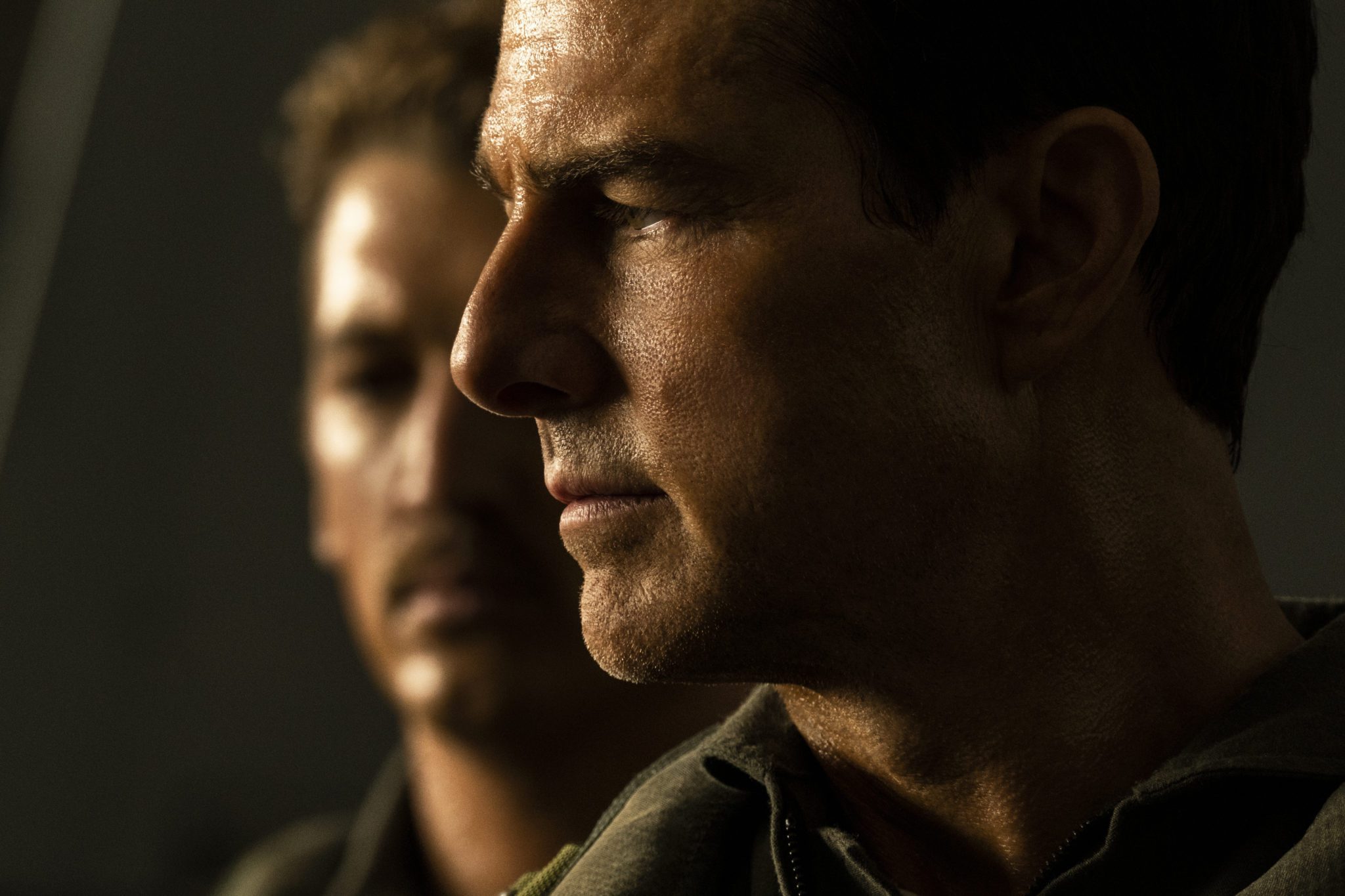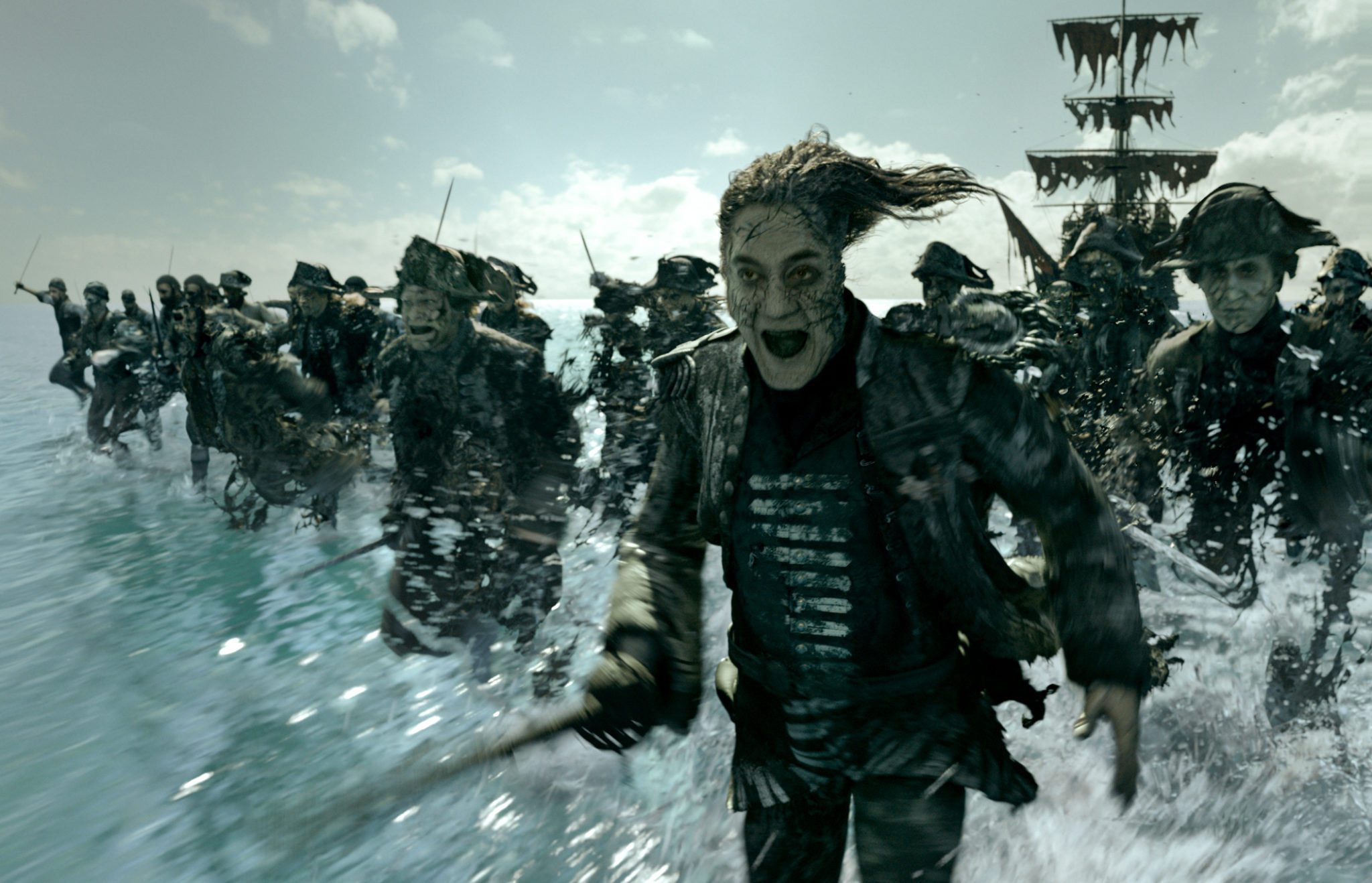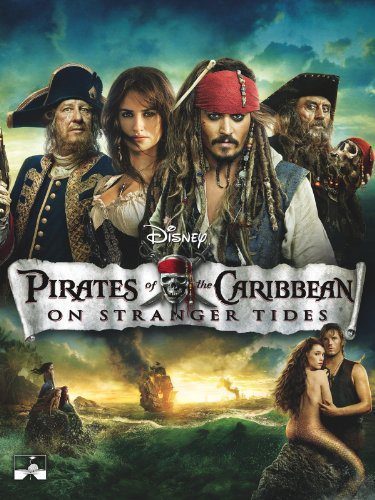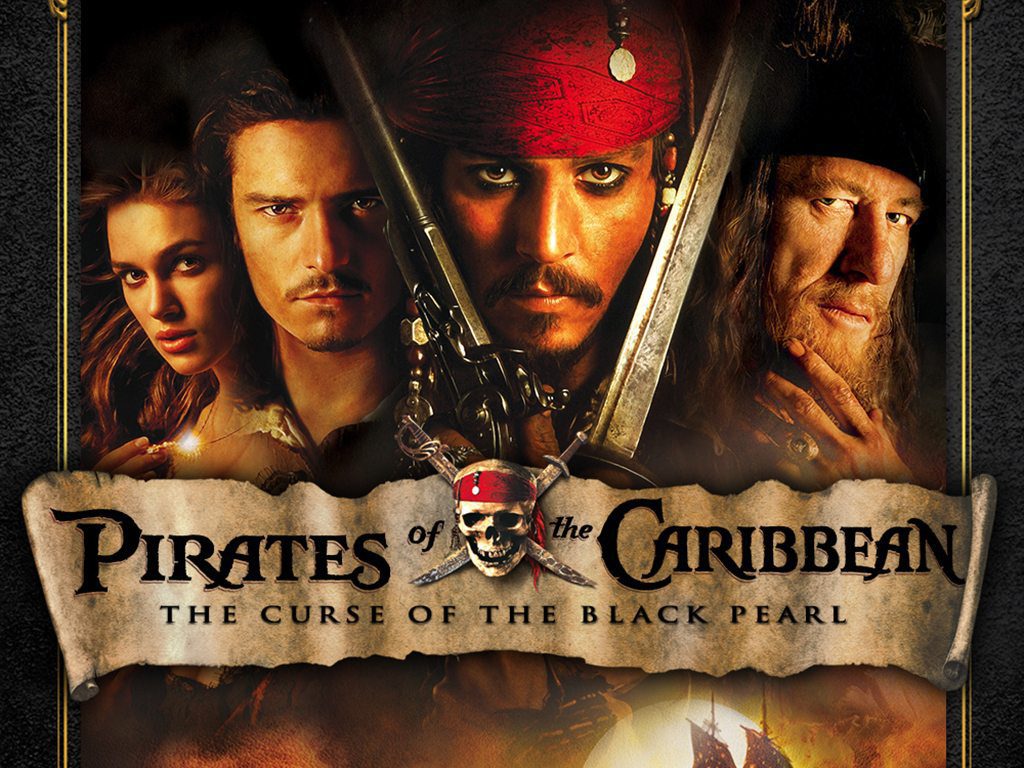
SF Radio 8.26: Taking Off with TOP GUN: MAVERICK
In TOP GUN: MAVERICK, Pete ?Maverick? Mitchell (Tom Cruise) lives a life of military obscurity. But when an upcoming special mission requires his unique knowledge, Maverick is called back to TOPGUN as a teacher and mentor to the next generation of pilots. As the past meets the present, Maverick must overcome his deepest fears and pain…

![Top Gun: Maverick – Welcome [Back] to the Danger Zone](https://b311079.smushcdn.com/311079/wp-content/uploads/2022/05/tgm-ff-125r2-1-scaled.jpg?lossy=1&strip=1&webp=1)




